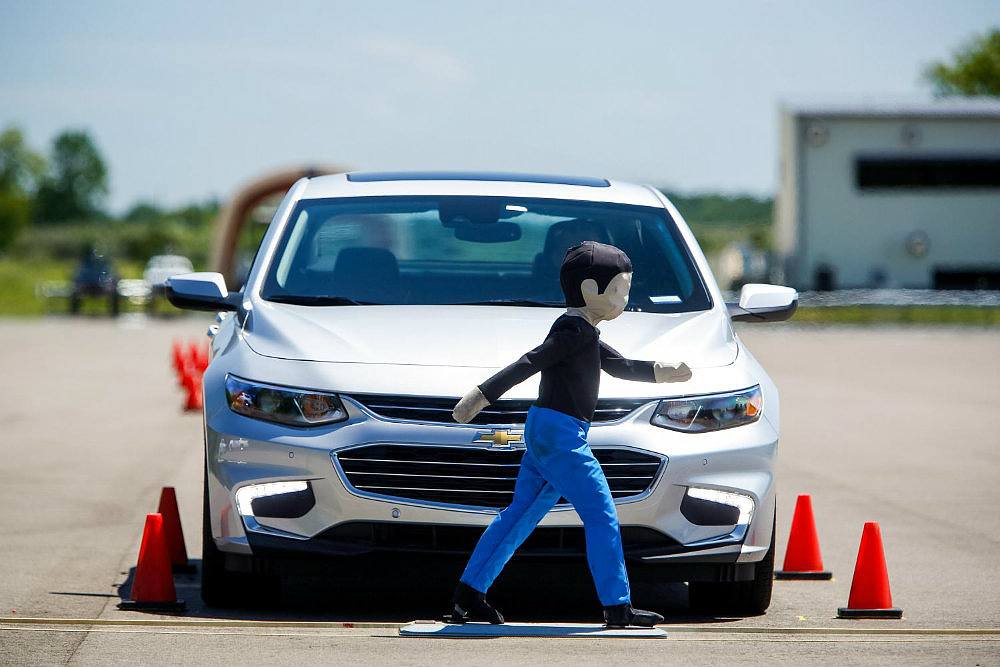That “new car smell” may be taking a back seat when it comes to what new vehicle owners are looking for. According to the J.D. Power 2016 U.S. Automotive Performance, Execution and Layout (APEAL) Study, safety and driver-assist technologies satisfy new vehicle owners more so than any other feature.
Today, automakers are offering more active and passive safety technologies and driver assistance packages. Everything from pedestrian detection and parking sensors, to lane keeping and collision avoidance systems fall under this category.
“Technology-enabled safety features help drivers feel more comfortable and confident while driving their vehicles,” said Renee Stephens, Vice President of U.S. automotive quality at J.D. Power.
Blind Spots Important
Blind spot monitoring capability is one of the biggest wins for consumers. The technology illuminates the corner of either the right or left outside mirror if a vehicle is traveling within a driver’s blind spot. It’s especially useful in urban areas during rush hour traffic. Overall APEAL scores are higher among the 41% of owners whose vehicles have blind spot monitoring than among those whose vehicles don’t (821 vs. 787, respectively, on a 1,000-point scale).
Collision avoidance/warning technology is another reason for peace of mind in a new car. APEAL scores are higher among the 30% of owners whose vehicles have collision avoidance technology than among those whose vehicles don’t (828 vs. 790).
Future Considerations
Another factor to keep in mind is how these technologies will change the course of transportation. The active and passive safety packages in cars today are considered semi-autonomous, but without question, they are the building blocks for fully autonomous driving
“These features are also ‘gateway technologies’ to autonomous driving capabilities, so the continued level of consumer interest in them will be a critical metric to watch as the industry evolves toward including more automation in new vehicles,” Stephens said.
Top Brands
Porsche ranks the highest in the APEAL study for the 12th consecutive year with an index score of 877. BMW follows with 859 while Jaguar and Mercedes-Benz hold a tie for third at 852. Volkswagen is the highest of the non-premium brands with a score of 809, followed closely by Mini at 808 and Kia at 807.
Ford Motor Company and Ram Trucks tie at 803, with GMC on their heels at 802.
Complete Study
On their official site, J.D. Powers provides more on the APEAL study, and even included this helpful gallery. Fuel economy and lack of problems are other factors determining a consumer’s satisfaction with a new vehicle. The study also touches on navigation systems and why they may not be the hot selling point they once were.
The study is based on responses gathered from February through May 2016 from more than 80,000 purchasers and lessees of 2016 cars and light trucks. Those customers were surveyed after 90 days of ownership.
*Carl Anthony is Managing Editor of Automoblog and resides in Detroit, Michigan.
Source: J.D. Power
Cover Photo: General Motors


